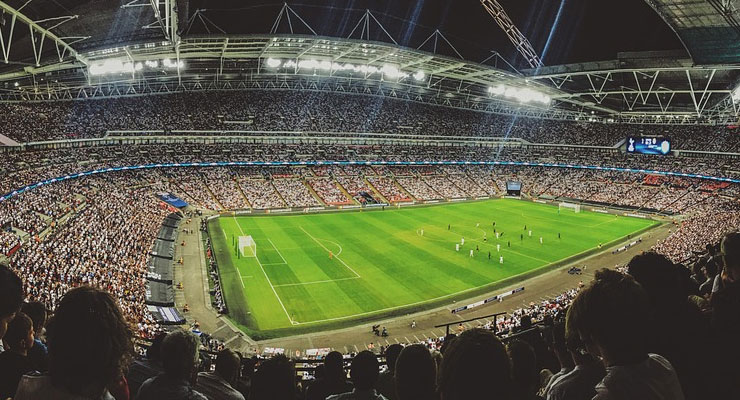
From Human Rights Watch
Just days ago, footballer Hakeem al-Araibi, a Bahraini citizen who received refugee status from Australia, was freed after being detained in Thailand after Bahrain’s government sought his extradition on bogus criminal charges. His fear of being tortured back in Bahrain was real.
A global coalition of athletes, rights activists and fans, including Australian football star Craig Foster, mobilized alongside FIFA, football’s governing body, and the International Olympic Committee (IOC) to urge Bahrain to drop its case and Thailand to let al-Araibi return to Australia. Both bodies issued strong statements publicly calling for al-Araibi’s release, and FIFA’s head of sustainability and diversity, Federico Addiechi, even attended al-Araibi’s extradition hearing in Bangkok.
Bahrain, which hosts the Formula One Grand Prix races and the Ironman Middle East Championship, has long used its association with sports to “launder” its international image and cover up its domestic repression. Al-Araibi’s case shows, that at least in the sporting realm, global sports groups can make use of their human rights policies to have a real influence on human rights.
Other sports organizations – including Formula One, whose races begin in Bahrain on March 28 – should strengthen their internal human rights policies. They should make it clear to Bahrain that they will not stay silent when sports are used as an arena for human rights abuses.
Read full article here.
Leave a Reply